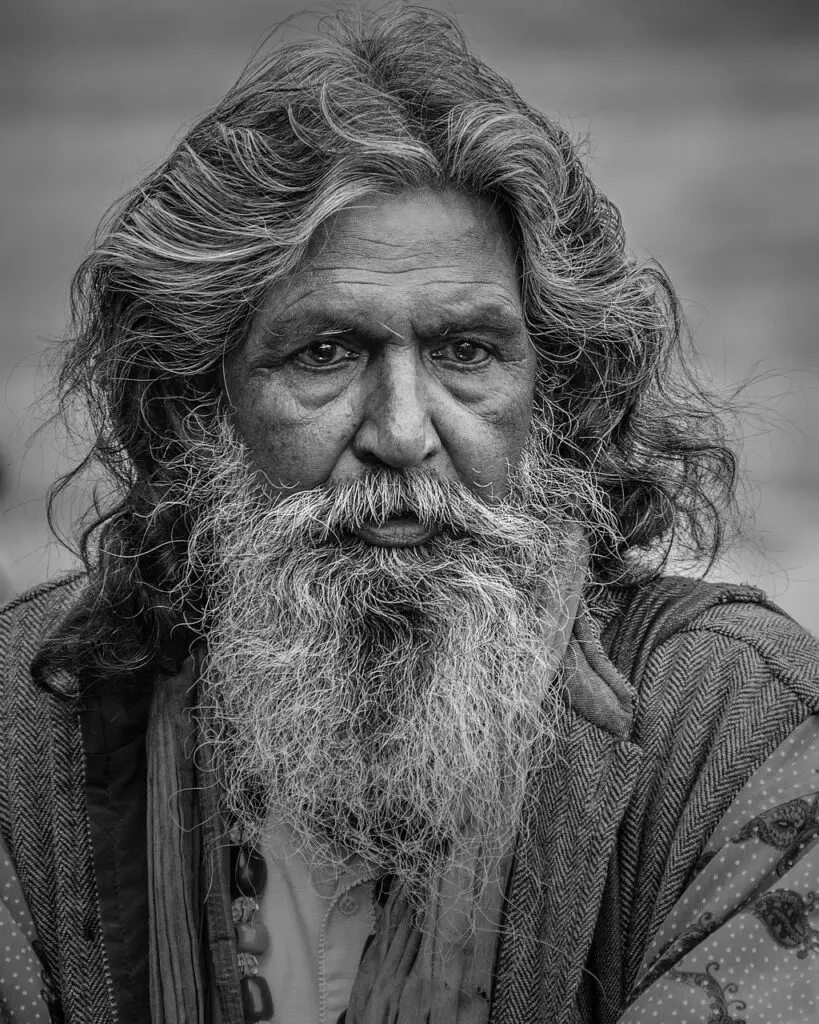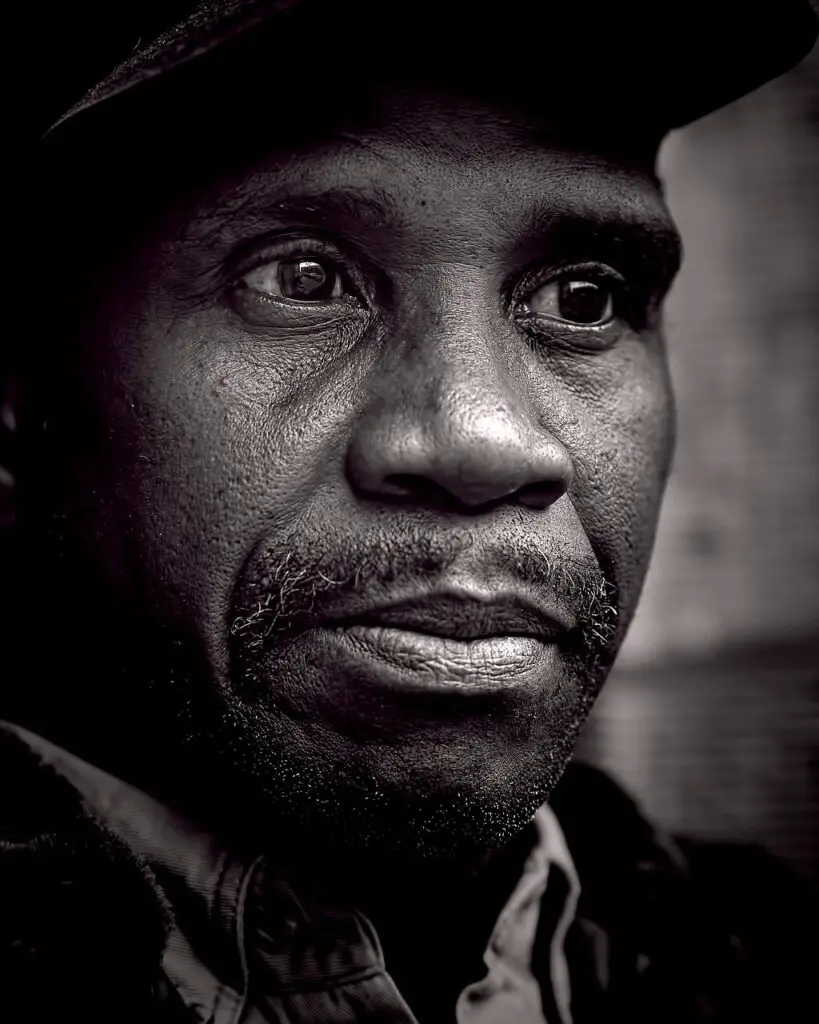-
Meet the Professor: Dr. Stephanie Wilson, Sociologist, Educator, and Co-founder of Applied Worldwide
Stephanie: Sociologist, Creator, Researcher 2. As a co-founder of Applied Worldwide, could you briefly explain the organization’s mission? Stephanie: Our mission is to build a bridge between the discipline of sociology and everyday life to improve the well-being of society. As a sociologist, I see endless ways that sociological knowledge could benefit society, but our…
-
THE COMPARATIVE METHOD IN SOCIAL ANTHROPOLOGY
The purpose of comparative method in social anthropology is to study varieties of form of social life and to understand human social phenomena. Franz Boas delineated two methods in the study of anthropology. First, was to reconstruct the history which means to understand the past and reconstructing theories in present. Second, was comparison of social…
-
Interview with Assistant Professor Katie Durante, University of Utah, Department of Sociology
1. If you had to describe yourself in three words, what would they be? Integrity, light-hearted, responsible 2. Can you discuss some of your key findings regarding racial and ethnic inequality in the criminal legal system and how it has evolved over the years? One of the areas of research I focus on is racial…
-
Interview with Dr. Christina Jackson: Insights into Sociology, Activism, and the Journey Ahead
Short Bio: Dr. Christina Jackson, an Associate Professor of Sociology at Stockton University, specializes in urban sociology, social welfare, and inequality from sociological and public health perspectives. Beyond academia, she’s an engaged scholar-activist, facilitating and consulting with community partners and creative groups on topics like anti-violence, gentrification, housing, food justice, and racial justice. She’s co-authored…
-
How To Apply Sociology In Everyday Life: Explained Real Examples
Sociology is the study of society through many theoretical perspectives. The most important lesson of sociology is that society is not an external object to be studied. Instead, all of us are active members of society and constantly influence it. Thus, sociology can be applied in everyday life by all members of society. This article…
-
Media Ethics: Journalism, Controversies, Problems, Dilemmas
What is the right action? What ought not to be done? Ethics is a branch of morality that attempts to regulate these questions. It plays a significant role in maintaining social order by inculcating in individuals appropriate behaviour for social interaction. Also, there is the phenomenon of conscience which prevents individuals from acting in certain…
-
Interracial Marriage in the U.S (Examples): All you need to know
Interracial Marriage in the U.S. Marriage is the social institution that gives formal and legal recognition to the personal, often romantic and sexual in nature, the relationship shared by two or more people. Historically and in some areas it specifically refers to the union between a man and a woman. Interracial marriage refers to those…
-
Top 50 Interesting Qualitative Psychology Research Ideas
50 Qualitative Psychology Research Ideas: Examination projects can be challenging, especially when you can’t seem to find a particular area of interest that you can form your study about. This article compiles a few research ideas on categorised based on which psychological concepts suit your paper. Attachment Styles Attachment styles are the specific ways in…
-
10 MAJOR PROBLEMS IN STUDENT LIFE – SOLUTIONS ESSAY
Problems in Student Life: Every child hears that college years would be the best days of their life and that the experience of student life is unparalleled. Surrounded by like-minded peers and a treasure trove of knowledge, it is no question that student life remains an integral part of one’s life. The period during which…
-
John Locke’s Second Treatise of Government – A Summary
In 1689, John Locke, an English philosopher, wrote and published two Treatises of Government. The First Treatise was a rebuttal and response to Robert Filmer’s “Patriarcha”, while the Second Treatise outlines his views and plans or ideas for a better society. Both these works had and continue to have a massive influence on the political…
-
Does Internet medical information make people healthier?
How reliable is medical information found online? The internet has become a daily accessory in people’s lives and is one of the biggest sources of information. In the case of health care, it has become the first responder, the first source patients refer to in order to gain knowledge about their own conditions before they…
Follow us On Instagram @sociology_official
Show off your social photography skills! Share your most engaging shots on our Instagram and let the world see your unique perspective.







Leroy_Skalstad


